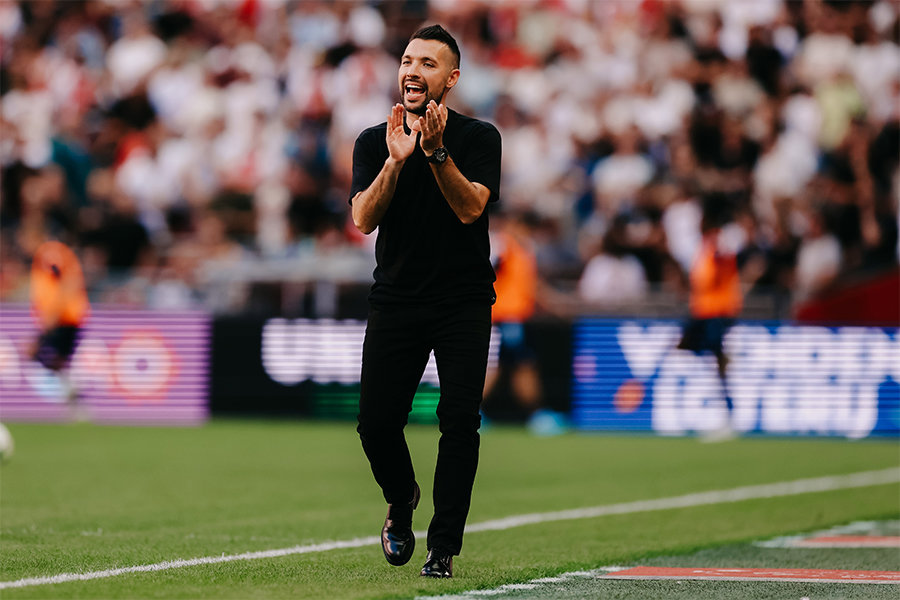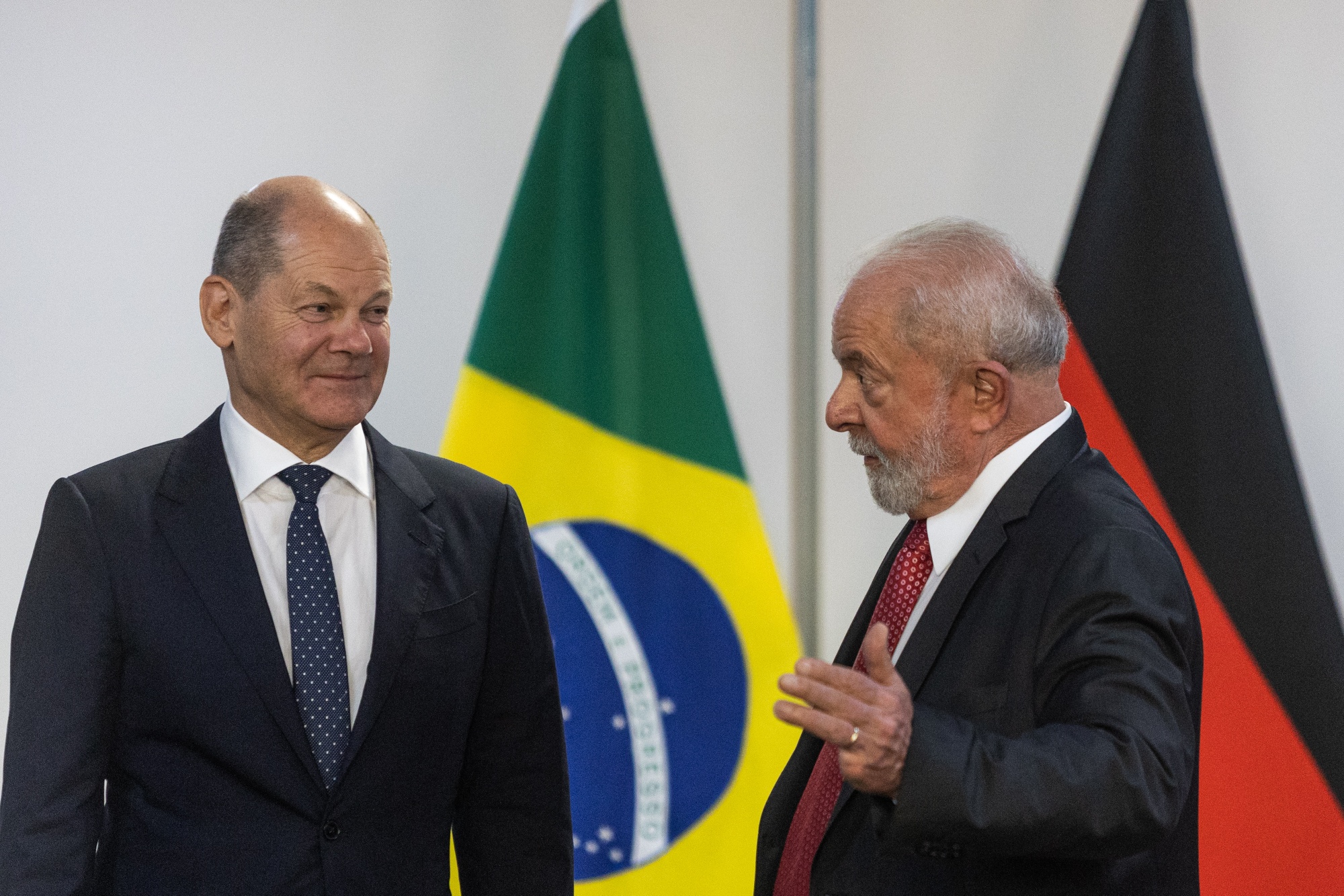New York Rangers Coaching Change: Laviolette's Tenure Ends

Table of Contents
Reasons Behind Laviolette's Dismissal
The Rangers coaching change wasn't entirely surprising to some, given the team's recent performance. While the regular season showed promise, the playoffs ultimately revealed significant shortcomings. Several factors contributed to Laviolette's dismissal:
-
Disappointing Playoff Performance: Despite a strong regular season, the Rangers' playoff performance fell short of expectations. A failure to advance beyond a certain round, despite possessing a talented roster, likely played a significant role in the decision. This underperformance, in a high-pressure environment, ultimately highlighted systemic issues within the team's strategy and execution.
-
Lack of Consistent Offensive Output: The Rangers struggled with offensive consistency throughout the season, particularly in crucial playoff moments. The inability to consistently generate scoring chances, especially against elite defensive teams, was a major area of concern. Specific game examples, such as [insert example of a low-scoring playoff game], clearly demonstrated this weakness.
-
Potential Internal Conflicts: While unconfirmed, rumors of internal conflicts within the coaching staff or between the coaching staff and players may have contributed to the decision. Disagreements on strategy, player roles, or team culture can significantly impact performance and create an unsustainable environment.
-
Strategic Disagreements with Management: Differences in philosophy between Laviolette and the Rangers' management regarding player development, long-term strategic goals, or preferred playing style may have led to irreconcilable differences. These disagreements, if significant enough, could have made a coaching change inevitable.
Impact on the New York Rangers
The Rangers coaching change has immediate and far-reaching consequences for the organization.
-
Impact on Player Morale and Team Dynamics: A coaching change can significantly impact player morale and team dynamics. Uncertainty and adjustment periods are normal, and the Rangers will need to address this quickly to maintain a positive and productive team environment. The new coach will have a crucial role in rebuilding trust and fostering team unity.
-
The Urgent Need for an Effective Coaching Search: The Rangers need to conduct a swift and effective coaching search to minimize disruption. Delaying the process could negatively impact offseason preparations, player recruitment, and overall team readiness for the next season. The organization must prioritize finding a suitable candidate who aligns with their vision.
-
Influence on Free Agency and Player Trades: The coaching change could influence the Rangers' approach to free agency and potential player trades. The arrival of a new coach may alter player evaluations and shift the team's priorities in terms of player acquisitions. This necessitates a careful reassessment of the existing roster and future needs.
-
Analysis of Potential Coaching Candidates: The NHL coaching market offers a variety of experienced coaches, each with strengths and weaknesses. The Rangers' choice will depend on their assessment of the current team needs, organizational philosophy, and future goals. A coach known for offensive systems might be chosen to address past scoring issues.
-
The Necessity for a Clear Direction and New Philosophy: The Rangers require a clear direction and a new coaching philosophy to address the issues that contributed to Laviolette's dismissal. This new direction must focus on consistent offensive production, improved defensive strategy, and fostering a strong team culture.
Potential Coaching Candidates
The Rangers' coaching search is likely to attract several high-profile candidates. Potential candidates could include [List potential candidates with brief descriptions of their experience and coaching styles – e.g., "John Cooper: Known for his structured defensive systems and success with the Tampa Bay Lightning," or "Barry Trotz: A highly experienced coach with a proven track record of playoff success"]. Analyzing each candidate's strengths and weaknesses in relation to the Rangers' specific needs will be crucial in making the right decision. The ideal candidate will possess the skills to maximize the existing talent while guiding the team's future development.
Looking Ahead: The Future of the New York Rangers
The future of the New York Rangers hinges on the success of their coaching search and the subsequent strategic decisions.
-
Predictions for the Upcoming Season: Predicting the Rangers' performance in the upcoming season is challenging, but a successful coaching hire and offseason moves could significantly improve their chances. A well-defined system, coupled with player buy-in, could lead to improved results.
-
Potential Roster Changes and Player Development: The Rangers may make changes to their roster based on their new coaching strategy. The development of young prospects will also be crucial in shaping the team's long-term competitiveness.
-
Long-Term Strategic Goals: The organization's long-term strategic goals must be clearly defined and communicated to the new coach and players. This includes establishing a sustainable winning culture and developing a pipeline of talented players.
-
Impact of the New Coaching Hire on Long-Term Success: The success or failure of the Rangers over the next few years is strongly linked to the quality of their coaching hire. The right coach can provide stability, instill confidence, and guide the team toward long-term success.
Conclusion
The abrupt end of Peter Laviolette's tenure as New York Rangers coach marks a significant turning point for the franchise. The reasons behind the dismissal are multifaceted, ranging from playoff underperformance to potential internal issues. The impact on the team is substantial, requiring a swift and strategic response in the coaching search. The coming months will be crucial in determining the future direction of the Rangers. The Rangers coaching change presents both challenges and opportunities. The organization must use this opportunity wisely to build a stronger, more consistent team.
Call to Action: Stay tuned for updates on the New York Rangers coaching change and the ongoing search for a new head coach. Follow our site for in-depth analysis and insights into the New York Rangers' future. What are your thoughts on the Rangers’ coaching change? Let us know in the comments below!

Featured Posts
-
 Venloer Strasse Das Karl Hermann Wird Zur Karl Weinbar
May 29, 2025
Venloer Strasse Das Karl Hermann Wird Zur Karl Weinbar
May 29, 2025 -
 Fariolis Opvolger Van Der Gijp Is Kritisch
May 29, 2025
Fariolis Opvolger Van Der Gijp Is Kritisch
May 29, 2025 -
 Liverpools Premier League History When Was Their Last Top Flight Finish
May 29, 2025
Liverpools Premier League History When Was Their Last Top Flight Finish
May 29, 2025 -
 El Mundo De Los Arcanos Menores En El Tarot
May 29, 2025
El Mundo De Los Arcanos Menores En El Tarot
May 29, 2025 -
 Brazils Lula Push For Putin Zelenskyy Negotiations In Istanbul
May 29, 2025
Brazils Lula Push For Putin Zelenskyy Negotiations In Istanbul
May 29, 2025
